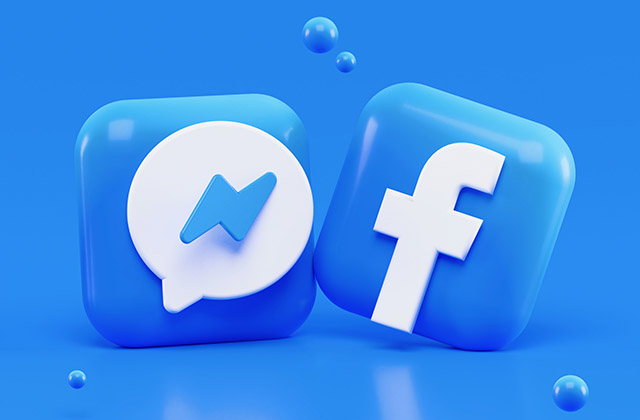The Role of Social Media in Political Campaigning
Introduction
In the past decade, social media has become a dominant force in the political world. The platforms that used to be associated with celebrities and teens have now become essential tools for politicians hoping to get their message across. Whether they help or hurt, there’s no doubt that social media has played a big role in how people view politicians. In this article, we’ll discuss how politicians use common social media platforms like Facebook and Twitter to reach voters and why those platforms are important for campaigns both large and small… Social media marketing agency played an important role in political campaign and the most commonly use platform is facebook.
Common social media platforms used by candidates and other political parties
Social media has become an integral part of political campaigning. Candidates and parties use various social media platforms to reach out to voters, spread their message and even organize offline events such as rallies. Here are some of the most common platforms used by candidates:
- Facebook: The biggest social network in the world has been around since 2004, but it wasn’t until 2012 that it started being used extensively by politicians during elections (for example, Barack Obama’s successful campaign). Today Facebook has more than 2 billion monthly active users (MAUs), making it one of the most popular channels for reaching out to potential voters around the globe.
- Twitter: Launched in 2006 as an SMS-based messaging service called Twttr by Jack Dorsey (@jack), Twitter grew quickly into one of the most important news sources thanks to its 140-character limit on posts which makes it easy for people with short attention spans — like journalists — to consume news updates quickly while on mobile devices such as smartphones or tablets where screen space is limited compared with desktop computers where webpages often contain more text than what fits comfortably within those constraints without scrolling down further into additional pages containing related information not directly relevant yet still interesting enough not worth skipping over completely either way so maybe just keep reading instead?
Common Ways Politicians Use Social Media
Social media is a powerful tool for politicians. It can be used to reach voters and build support, raise funds, communicate with the public and attack opponents.
It’s also used to spread misinformation.
How Facebook and Twitter Determine What You See
Facebook and Twitter use algorithms to determine what you see. These algorithms are designed to show you content that is relevant to you, based on the information Facebook and Twitter have about your interests and preferences. The problem is that these algorithms can be gamed by bad actors who want their messages to reach more people than they would otherwise.
How Effective Are Politicians on Social Media?
The most effective politicians are those who use social media as a supplement to their traditional campaigning.
However, this is not an indication that social media is an effective replacement for face-to-face contact or other forms of traditional campaigning.
Social media can be used in conjunction with traditional campaigning tactics to reach voters and raise awareness about issues relevant to the election cycle. It can also be used by politicians who have large followings on social media platforms such as Facebook or Twitter (e.g., Donald Trump).
Whether they help or hurt, there’s no doubt that social media has played a big role in how people view politicians.
Whether they help or hurt, there’s no doubt that social media has played a big role in how people view politicians.
Social media can be used to spread misinformation. This is especially true with platforms like Facebook and Twitter, which allow users to share articles from unreliable sources without fact-checking them first. Social media has also been used to spread conspiracy theories about political candidates and their families–and even as an excuse for violence against them (see: Gabrielle Giffords).
On the other hand, social media can help politicians get their message out by giving them more direct access to voters than ever before. Social media allows candidates from all parties access to millions of potential voters who might not otherwise be exposed to their ideas; candidates may also find it easier than traditional campaigning methods because they don’t have as much money or staff available when trying out new strategies during an election season (like using memes).
Conclusion
Social media is a powerful tool for politicians, but it’s not the only one. The ability to communicate directly with voters is essential to any campaign, and it doesn’t matter if those messages are shared on Facebook or Twitter. In fact, there are many ways that politicians use social media that don’t involve posting at all! If anything, we should be asking ourselves whether or not social media websites like Facebook and Twitter help or hurt our democracy by helping candidates reach voters–and maybe even change some minds along the way. Higher social media packages were charge to political campaigns during election.


